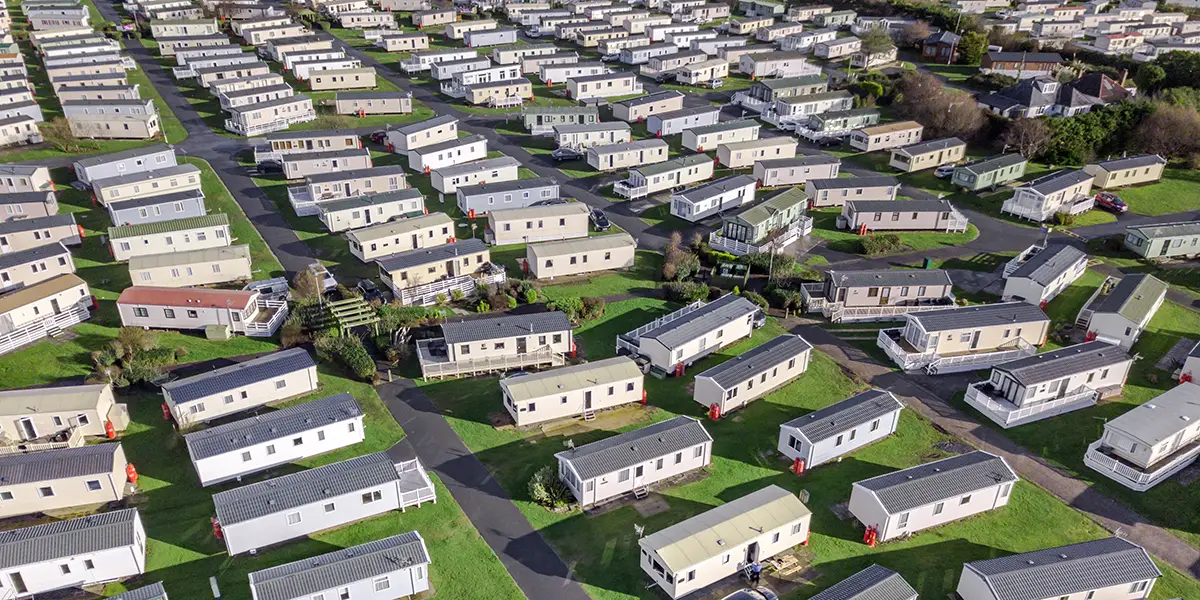
A recent surge in corporate mobile home park takeovers has led to increased rent, poor maintenance, and park closures for redevelopment, according to a new report by NBC News.
Mobile home parks provide affordable housing for millions of low-income renters across the country, and not just in rural areas. Even when a family owns their mobile home, they pay rent and other fees for their spot in a mobile home park.
These takeovers are happening because of low-interest loans backed by Freddie Mac and Fanne Mae. These government-sponsored entities are supposed to meet affordable housing goals as part of their mission.
When new corporate owners drive up rents, residents struggle to put food on the table and pay other bills. Many mobile home residents are seniors who cannot take on extra work to pay higher rents and fees.
And when corporate investors close a park, many low-income residents lose their homes because they cannot afford to move their units. Instead of promoting more affordable housing, federally backed loans are causing hardship for thousands of low-income renters nationwide.
Keep scrolling for more summaries about the latest news in affordable housing 🔽
Homeless encampment raids in San Francisco halted by lawsuit decision
Raids on homeless encampments in San Francisco have been halted as the result of a lawsuit against the city’s recent sweeps.
The plaintiffs of the lawsuit include seven unsheltered residents, and the Coalition on Homelessness. They won their lower court decision by arguing that San Francisco’s encampment raids violated protections for unsheltered people established by the 9th Circuit Court of Appeals Boise v. Martin decision.
The 9th Circuit ruled in the case that if there is not enough appropriate shelter space, it is inhumane to punish someone for sleeping in public places. This violates the Constitution’s Fourth Amendment, which outlaws “cruel and unusual punishment.” The 9th Circuit has upheld these rights in later decisions.
San Francisco has appealed the lower court’s injunction to the 9th Circuit.
The homeless residents have been supported in the appeal with a “friend of the court” brief submitted by the National Homelessness Law Center, National Alliance to End Homelessness, and National Low-Income Housing Coalition.
Less restrictive zoning grows housing supply, but not for low-income renters
Cities around the country are loosening their zoning regulations to promote more housing development. The lack of housing is the primary reason that rents have skyrocketed over the last decade.
A new study from the Urban Institute shows that less restrictive zoning does promote more housing development. However, most of the new housing is not affordable to low-income renters.
The study showed that within 9 years of loosening zoning rules, increases in housing supply were seen in the higher end of the rent spectrum but no significant increase in lower-priced rentals.
The authors say that low-income renter needs must be met by providing more incentives to build affordable apartments and providing more rental assistance for those struggling with high costs.
Check back every week to get the latest affordable housing news from Affordable Housing Online!
